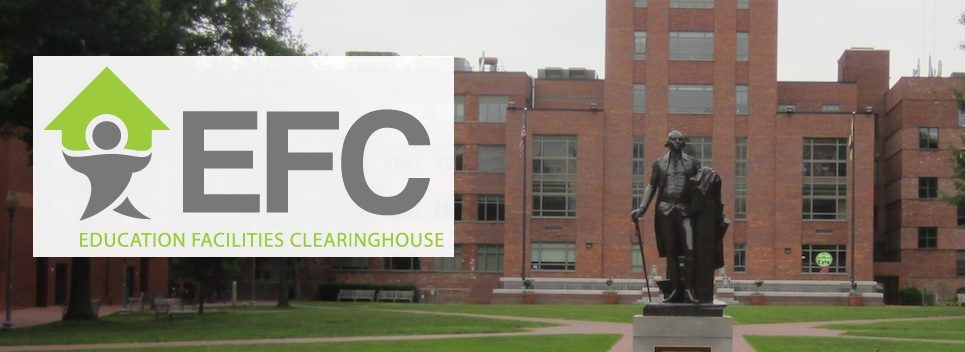Smith, 2014
Nineteenth-century educator and inventor George Washington Carver said, “Education is the key to unlock the golden door of freedom.”13 The relationship between education and social mobility has existed since the creation of the public school system and remains an underlying principle of education policy.14 Despite the recognized importance of education in our society, the Court in San Antonio Independent School District v. Rodriguez held that education is not a fundamental right15 and that the government abridging it does not warrant the strictest level of scrutiny. 16 Some scholars, however, argue that Rodriguez only stands for no right to equal funding of education, and does not invalidate claims that students are not receiving an adequate education in violation of the Equal Protection Clause.17 Most notably, in Papasan v. Allain, the Court asserted that “[it] has not yet definitively settled the question whether a minimally adequate education is a fundamental right . . . .” 18 Thus, given the cost of litigation and the uncertainty of success in federal courts, there has been a reasonable shift to state courts, where there is tangible success with adequacy claims.
12 See infra Part IV.
13 Proclamation No. 6827, 60 Fed. Reg. 49,491 (Sept. 21, 1995) (quoting George Washington Carver in a Presidential Proclamation for National Historically Black Colleges and Universities Week).
14 ELAINE M. WALKER, EDUCATIONAL ADEQUACY AND THE COURTS 7, 35 (2005) (“The survival of democracy is contingent upon the creation of a body of citizenry who are able to meaningfully participate in the democratic process, and whose participation is not adversely affected by an inadequate education.”).
15 San Antonio Indep. Sch. Dist. v. Rodriquez, 411 U.S. 1, 111-112 (1973) (Marshall, J., dissenting).
16 Id. at 38-40.
17 Michael A. Rebell, The Right to Comprehensive Educational Opportunity, 47 HARV. C.R.-C.L. L. REV. 47, 91 (2012).
18 Papasan v. Allain, 478 U.S. 265, 285 (1986).

